Now that the new Fallout series on Prime Video has renewed interest in the franchise, and the broader Atompunk literary movement as a whole, we’ve decided to give you a list of some of the best works in the history of the genre.
So, in case you’ve just finished the Fallout series and find that the video games by Bethesda don’t really quench that lingering thirst for more worlds and characters centering around a dystopian, post-apocalyptic environment, then read ahead and see what the original purveyors of this speculative offshoot have to offer.
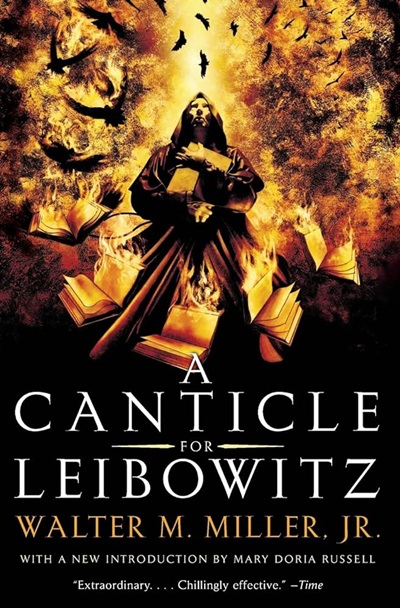
A Canticle for Leibowitz by Walter M. Miller Jr.
Often regarded as one of the best sci-fi novels in history, A Canticle for Leibowitz takes place in a post-apocalyptic world where civilization has collapsed as a result of nuclear war. Walter Miller Jr.’s novel mostly takes place in a monastery that’s preserving knowledge of the lost world. A Canticle for Leibowitz is a three-part story spanning centuries, and delves into important themes like history, faith, human folly, and the meaning of life.
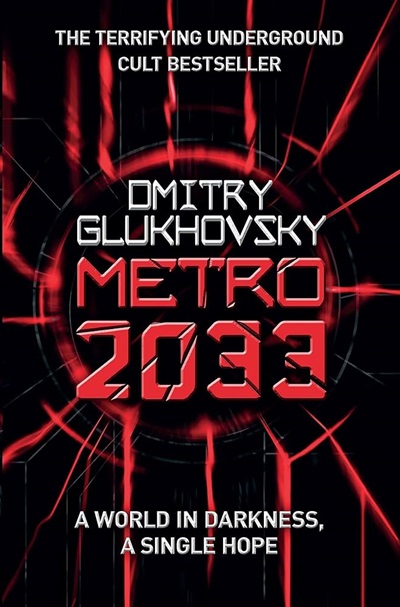
Metro 2033 by Dmitry Glukhovsky
Most of you are already familiar with the Metro series, on account of it being one of the most acclaimed post-apocalyptic games around. Well, the Metro books by Dmitry Glukhovsky are also extremely well-written, using atmospheric storytelling to drown you in the eerie underground of Moscow. Metro 2033 takes place in a world destroyed by atomics, with the survivors taking refuge in the city’s metro system and building a make-shift society out of scraps. It’s sort of like Fallout’s Vault-Tec, but way more gritty and realistic.
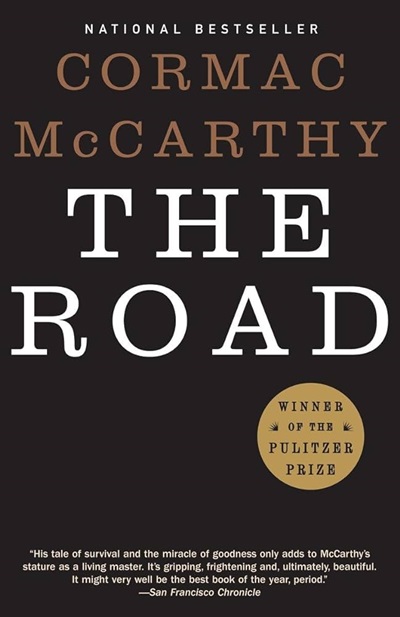
The Road by Cormac McCarthy
The Road by Cormac McCarthy is another memorable post-apocalyptic journey. The story revolves around a father and his son as they try to traverse a harsh and unforgiving wasteland. At first, it’s not clear what has caused civilization to collapse, but the story mostly alludes to a nuclear apocalypse. The Road may not necessarily bring Fallout and its eccentric lore to mind, but it does underline the difficulties of surviving in a world where the systems we rely upon the most without even knowing it have been once again taken over by nature.
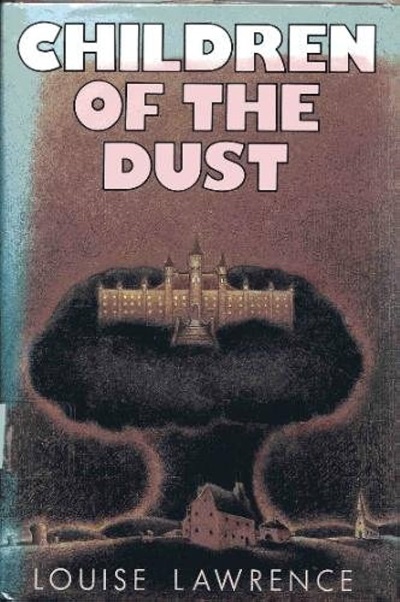
Children of the Dust by Louise Lawrence
Children of the Dust is another novel mostly taking place in the aftermath of a global nuclear holocaust. It features three generations of characters; those who witnessed the destruction of the world, those born after the desolation brought upon by atomic weapons, and the generation that inherits an irradiated world. With all the recent political turmoil in our real world, the grim possibility of a future like Children of the Dust is more palpable than ever.
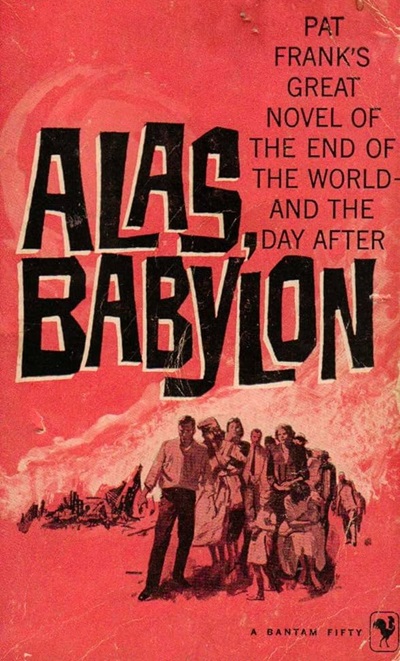
Alas, Babylon by Pat Frank
While the Fallout series has steampunk elements, the franchise is inspired by the Cold War fright of the early ‘60s. The narrative of Alas, Babylon traces those same roots, depicting a post-nuclear wasteland around a small town in Florida. Pat Frank first published this novel in 1959, and since then, it has turned into a classic of post-apocalyptic literature, often cited as a source of inspiration for many other writers working within the genre.
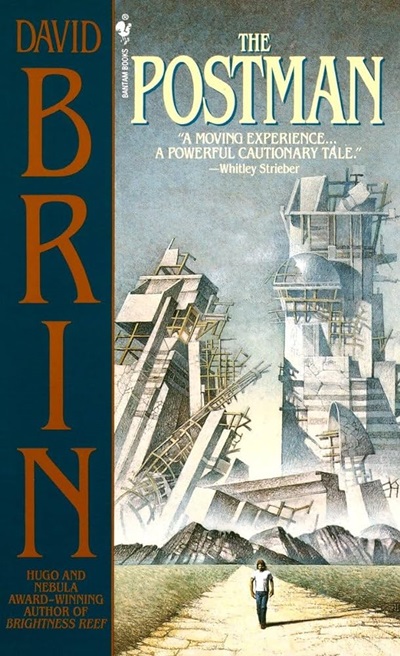
The Postman by David Brin
Despite boasting a post-apocalyptic scenario involving a harsh landscape, The Postman is a deeply philosophical book. Your protagonist is a man called Gordon Krantz, who wanders the devastated ruins of civilizations and comes upon a uniform belonging to a United States postman. Gordon dons the uniform for warmth and even lies to some survivor communities to get food and water, but as time moves on, he begins to regard this seemingly insignificant outfit as a symbol of hope for humanity. What David Brin ends up discussing is not just the aftermath of a nuclear apocalypse, but what it is that makes human nature inherently defiant against the entropy of a world that wants it dead.
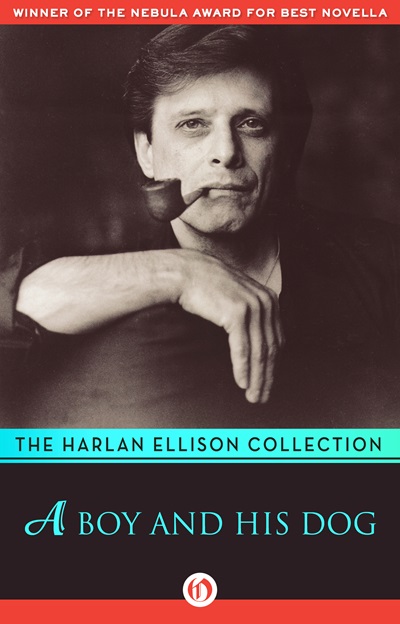
A Boy and His Dog by Harlan Ellison
A Boy and His Dog refers to a cycle of narratives centering around a boy named Vic and his dog, Blood, as they try to survive the harsh wasteland of a destroyed world. This series written by Harlan Ellison takes place in an alternate reality where after JFK’s assassination, the Cold War shifts around technological advancements and animal intelligence studies, resulting in a World War III, fought much like the first two. Years later, political tensions lead to a World War IV — this time fought with nuclear weapons — that destroys much of civilization. Now, in the aftermath of that catastrophe, we follow the tale of Vic and Blood as they navigate this new world and develop a special bond. For people who loved Fallout 4’s adorable canine companion, A Boy and His Dog is definitely worth looking up.
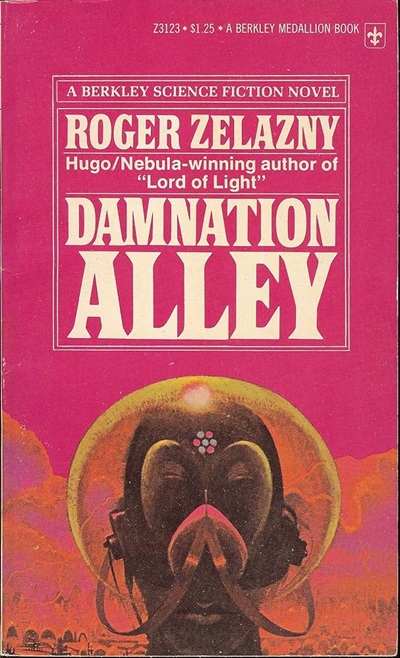
Damnation Alley by Roger Zelazny
This 1969 novel by Roger Zelazny (best known for his acclaimed Chronicles of Amber saga) comes closest to capturing the feel of the Fallout world. It has also probably influenced the development of the first game, having spearheaded the “Atompunk” literary movement of the ‘60s. The story takes place in Southern California in the aftermath of a nuclear war. Police states have taken over governing pockets of civilization, and the dangers of the wasteland — like unpredictable “garbage” storms and huge, mutated animals — make travel between these different posts almost impossible. Our hero is part of an envoy tasked with bringing a vaccine to Boston, and the journey he takes through this roughly protected corridor called Damnation Valley comprises much of the story.
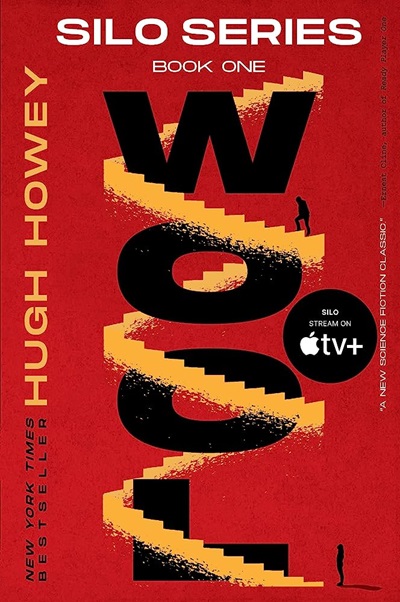
Silo by Hugh Howey
The Silo series shares some similarities with Fallout, in that it takes place in underground silos where the remainder of humanity is taking shelter from the hazards of the outside world. If you always wanted a Fallout entry that predominantly takes place in the Vaults and deals with the political and hierarchical side of post-apocalyptic societies such as this, then reading the Silo will scratch that itch for you. This story depicts a dystopian future where people have to live under strict rules — rules that are supposedly there to protect them — even if the truth of the outside world is not what it seems. Silo has also been adapted into a television series and released on Apple TV Plus.
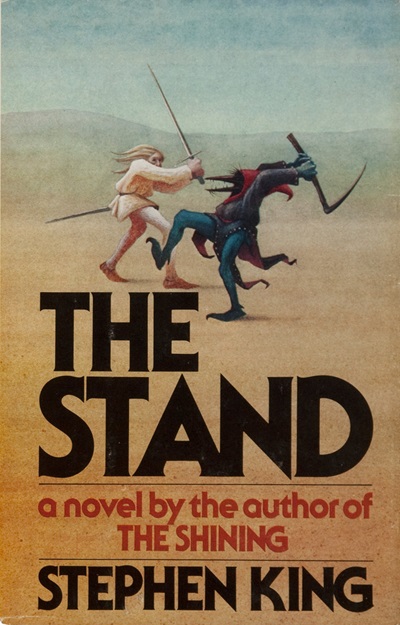
The Stand by Stephen King
The Stand is a post-apocalyptic novel by Stephen King and is often cited as one of his best works. The world is destroyed after an extremely lethal strain of influenza is loosed upon it. The surviving humans get swept into different factions that are fated to clash with each other. The ensuing narrative details things such as the nature of good and evil, the resilience of the human spirit, and what it means to survive against all odds. While The Stand doesn’t technically revolve around a nuclear holocaust, it still boasts one of the best post-apocalyptic worlds ever developed. If you’re into dystopian/survival fiction, then do yourself a favor and pick up The Stand.

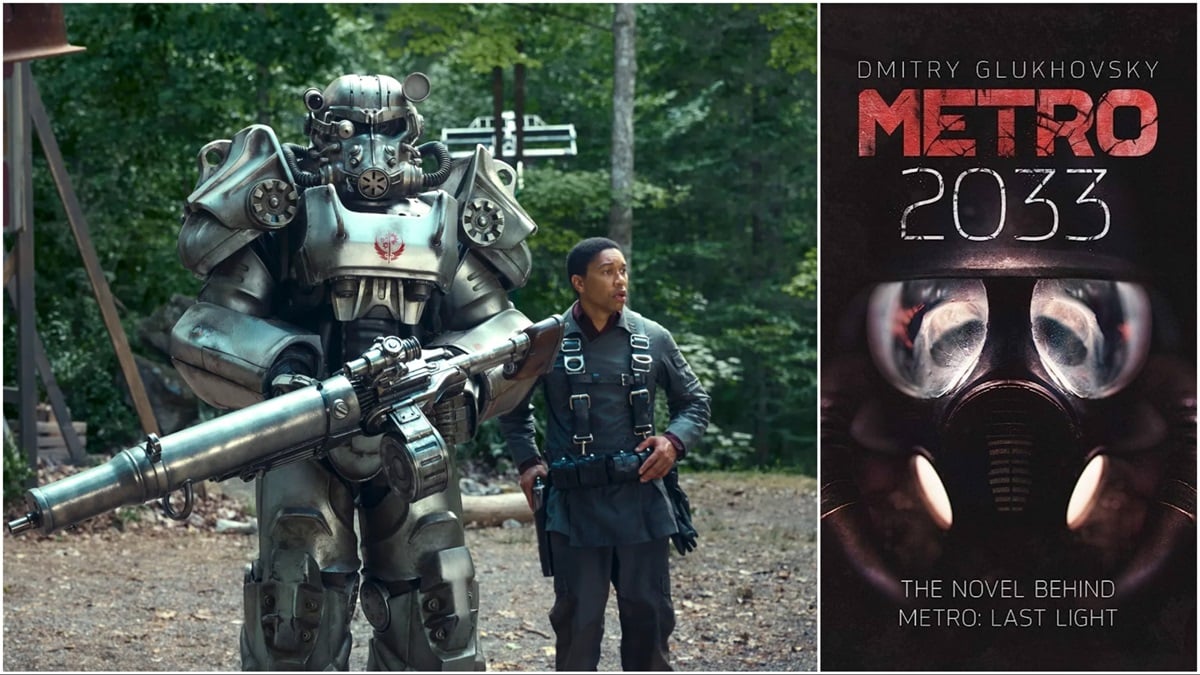




Published: Apr 30, 2024 02:14 pm